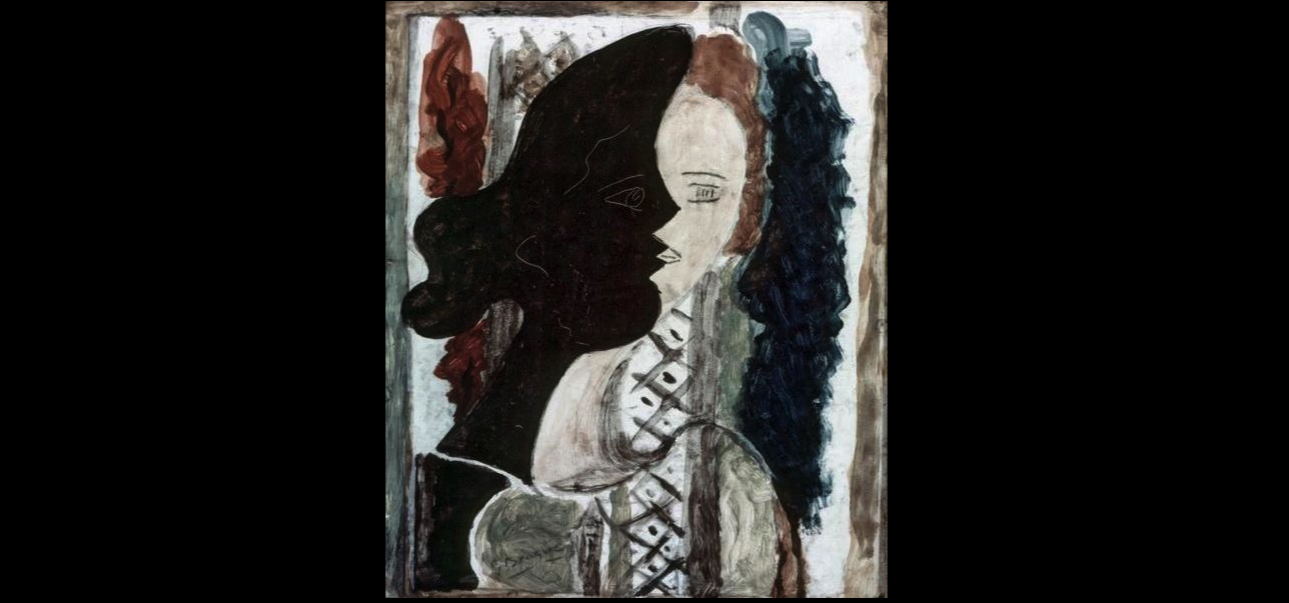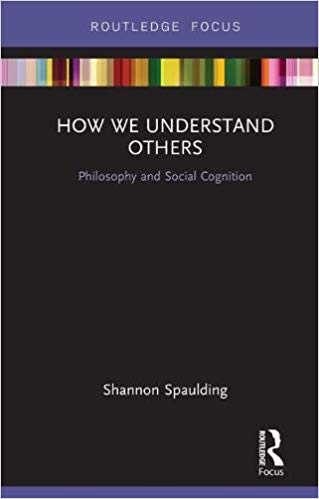Symposium on Letheby and Gerrans, “Self unbound: ego dissolution in psychedelic experience”
I am delighted to announce the next symposium in our series on articles from Neuroscience of Consciousness. Neuroscience of Consciousness is an interdisciplinary journal focused on the philosophy and science of consciousness, and gladly accepts submissions from both philosophers and scientists working in this fascinating field. We have two types …




